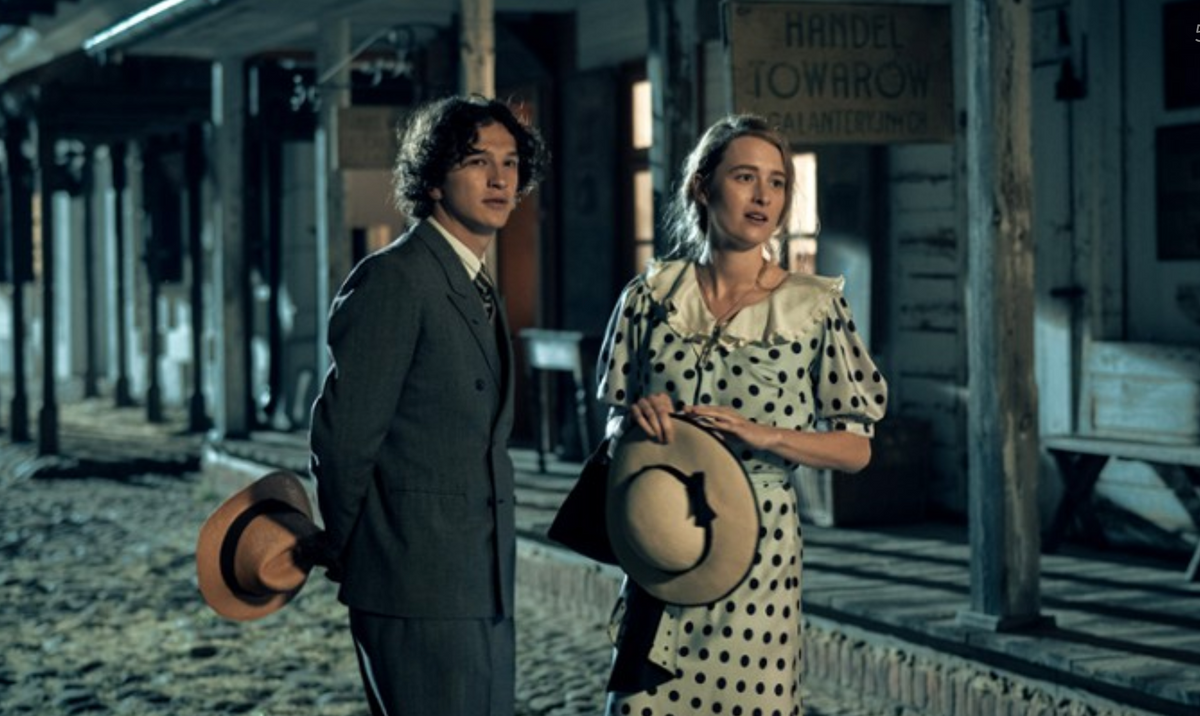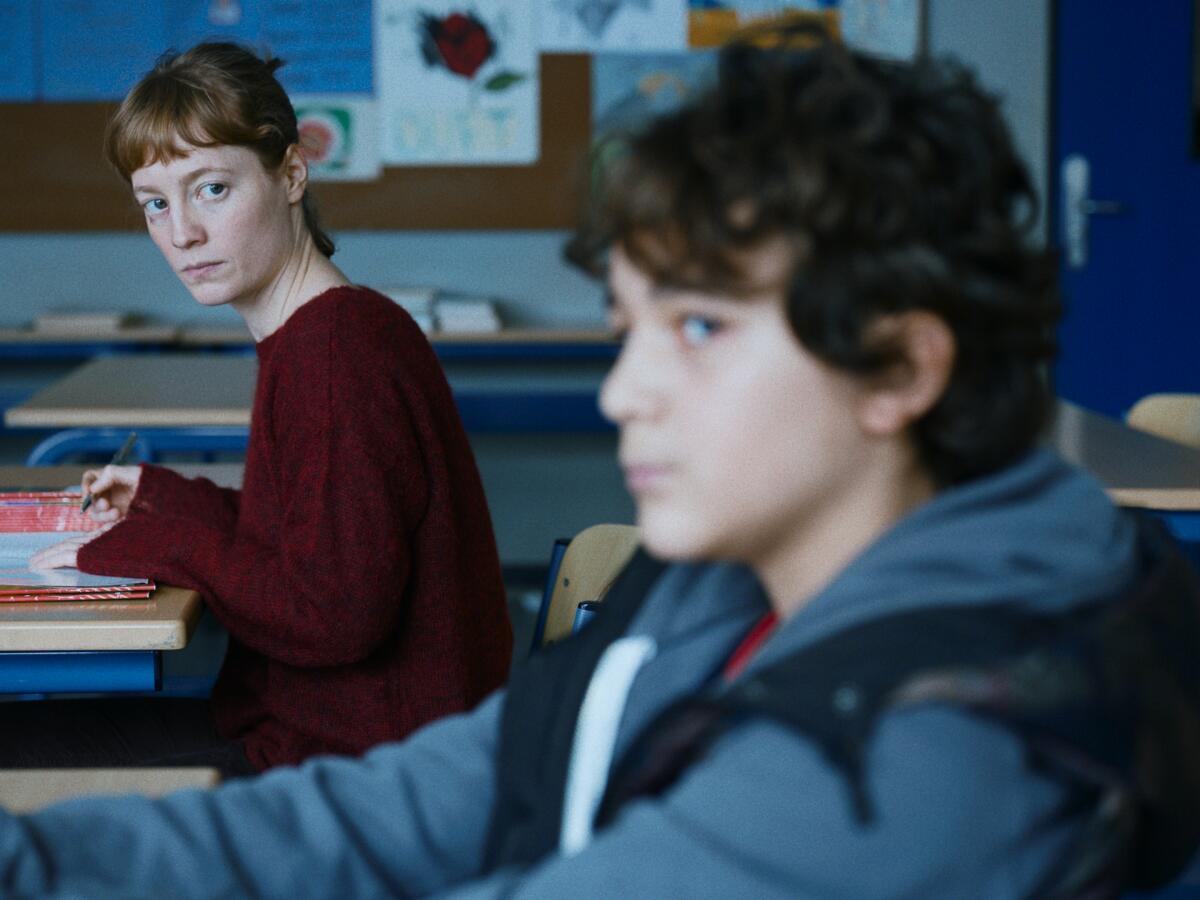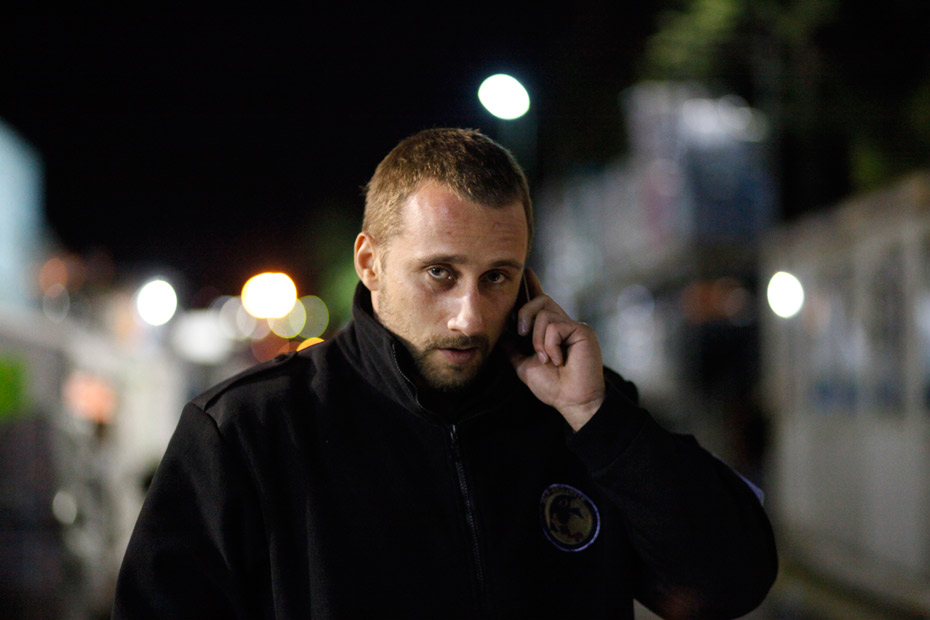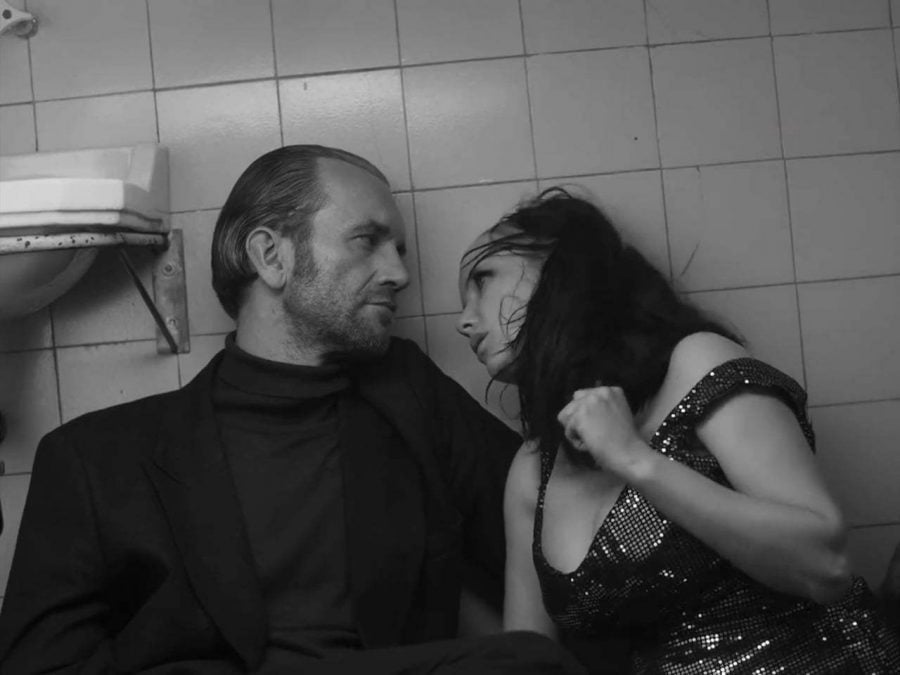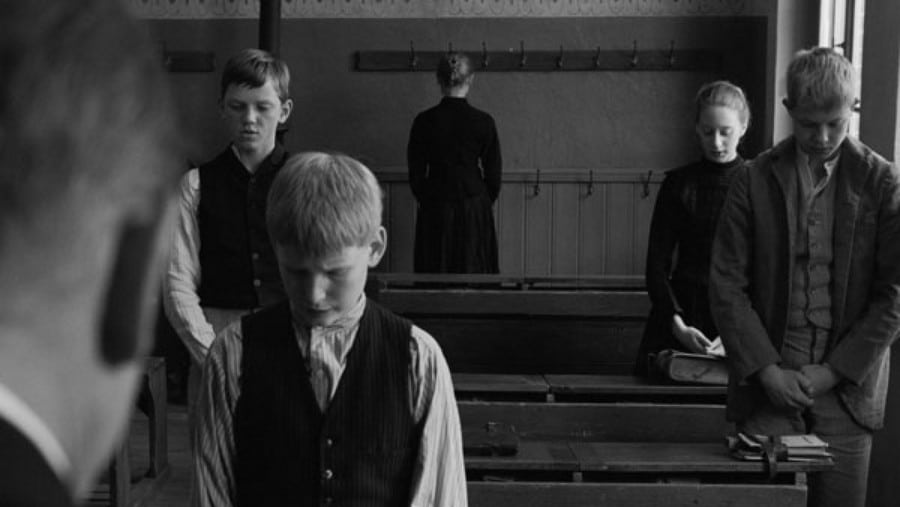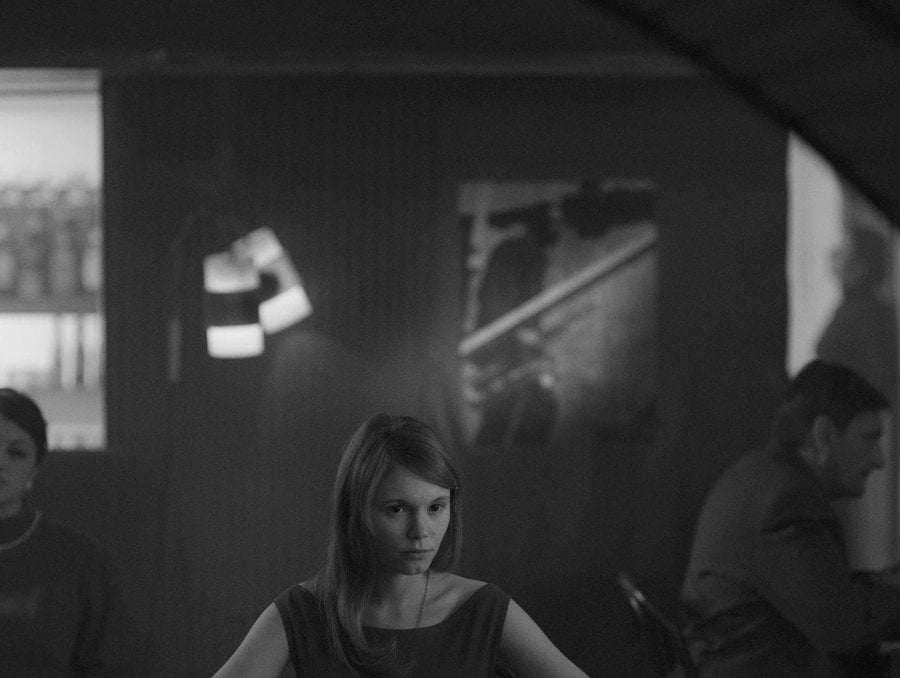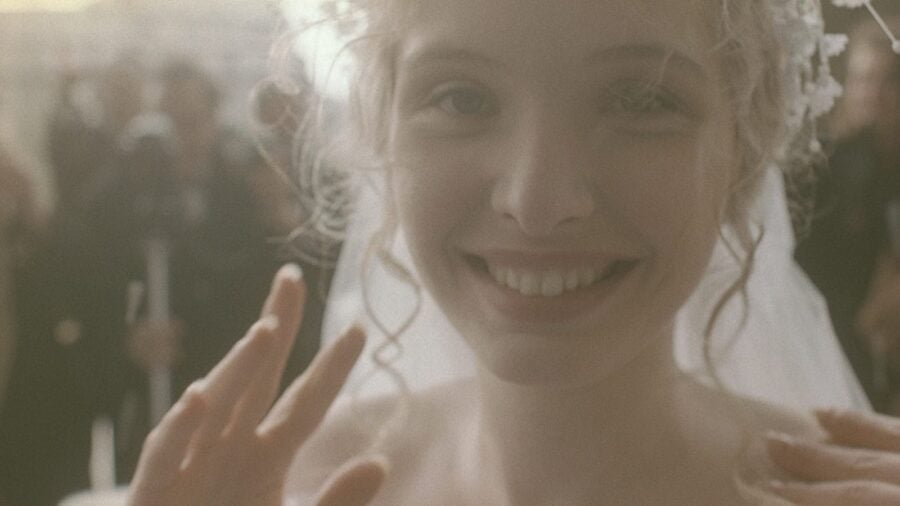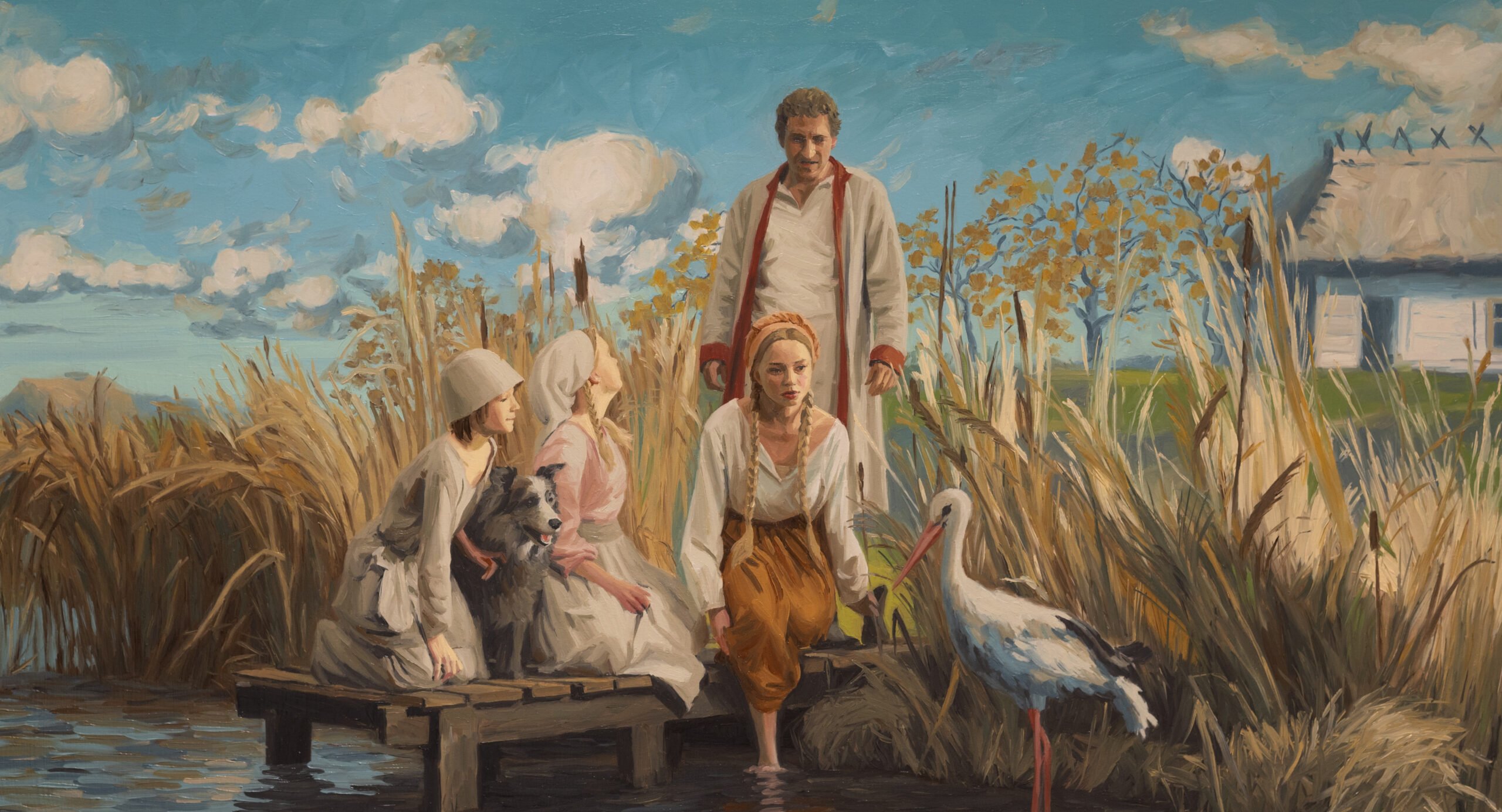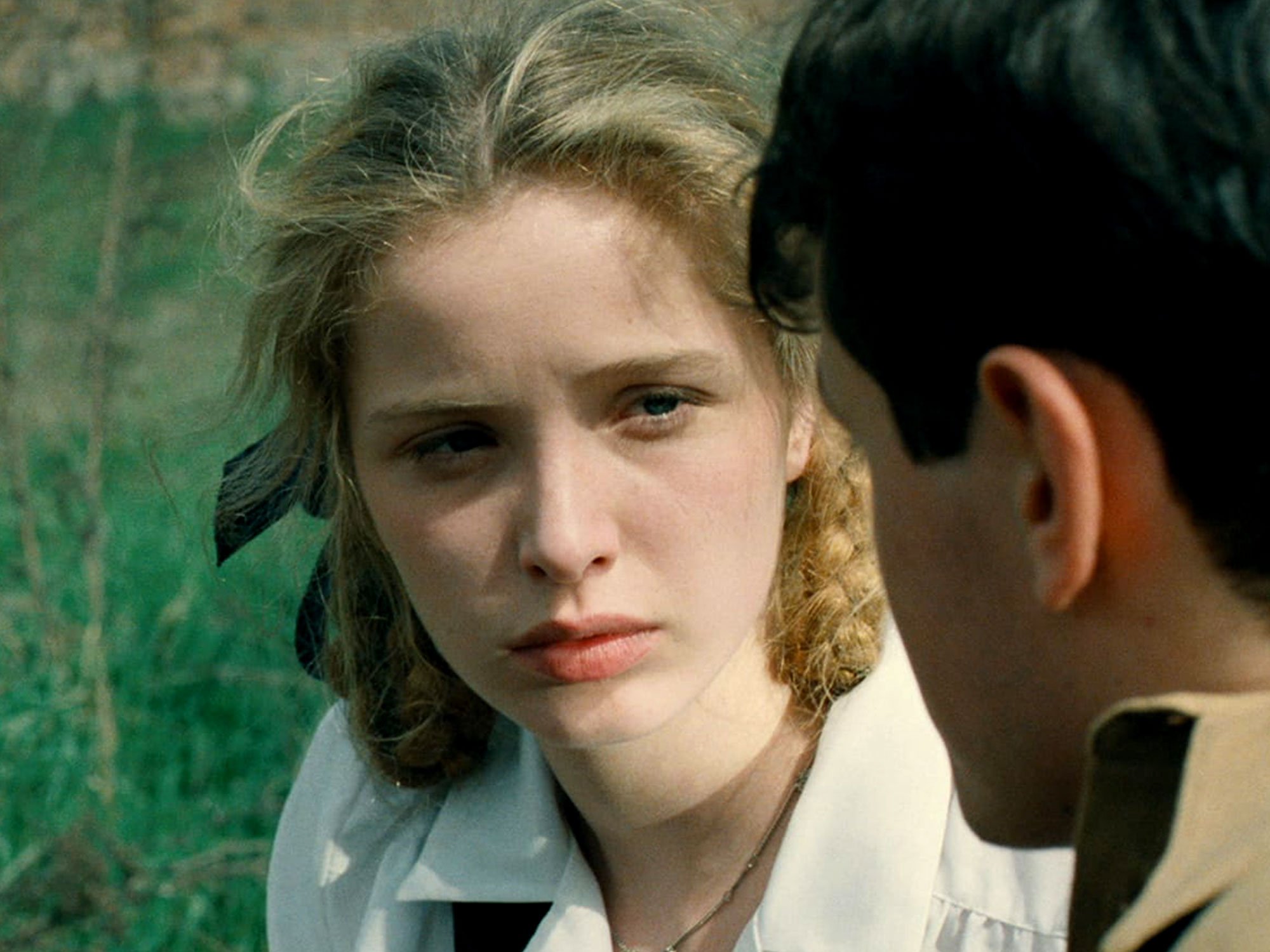
Movie
7.4
The Staff
TLDR
Eryk Kulm carried this film.
What it's about
The take
War makes animals of men, and Filip is no exception. The film portrays a lone Jewish survivor who walks the streets of Frankfurt as if he doesn’t have anything to lose. He’s able to get away with it, with his work at a luxury hotel, but he’s unable to escape his trauma. He relieves this through trysts with the local women, treating them cruelly, the same way they would treat his people. It’s a uniquely stunning take on the ugly side of war, with its country club glamor and Filip’s lust for life. But it’s also a grim character study of an unlikeable, yet understandable protagonist, whose moral ambiguity comes purely from his own survival.
What stands out
Filip’s incongruity is what sets this war film from other films set in World War II. From the setting to the characters, there’s a certain sort of dissonance between what’s happening in Frankfurt versus what we know is happening on the battlefield, in other occupied countries, and in Filip’s own homeland. Filip lounges near swimming pools, and ducks into changing cubicles and well-maintained homes to conduct his trysts, while we know from other movies how terrible it is for other Europeans. Filip’s character is also incongruous, with the stereotypes hurled at him, of course, but also with himself, with the optimism he held before, while his true love Sara was still alive. It makes sense for a film about how war irreversibly changes people, starting with their dehumanization.
Comments
Add a comment
Your nameYour comment
UP NEXT
UP NEXT
UP NEXT
Curated by humans, not algorithms.

© 2024 agoodmovietowatch, all rights reserved.


